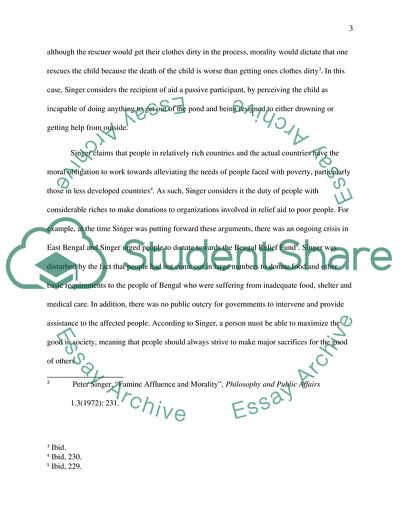Cite this document
(The Ethical Life Essay Example | Topics and Well Written Essays - 2000 words, n.d.)
The Ethical Life Essay Example | Topics and Well Written Essays - 2000 words. https://studentshare.org/politics/1873195-the-ethical-life
The Ethical Life Essay Example | Topics and Well Written Essays - 2000 words. https://studentshare.org/politics/1873195-the-ethical-life
(The Ethical Life Essay Example | Topics and Well Written Essays - 2000 Words)
The Ethical Life Essay Example | Topics and Well Written Essays - 2000 Words. https://studentshare.org/politics/1873195-the-ethical-life.
The Ethical Life Essay Example | Topics and Well Written Essays - 2000 Words. https://studentshare.org/politics/1873195-the-ethical-life.
“The Ethical Life Essay Example | Topics and Well Written Essays - 2000 Words”. https://studentshare.org/politics/1873195-the-ethical-life.


